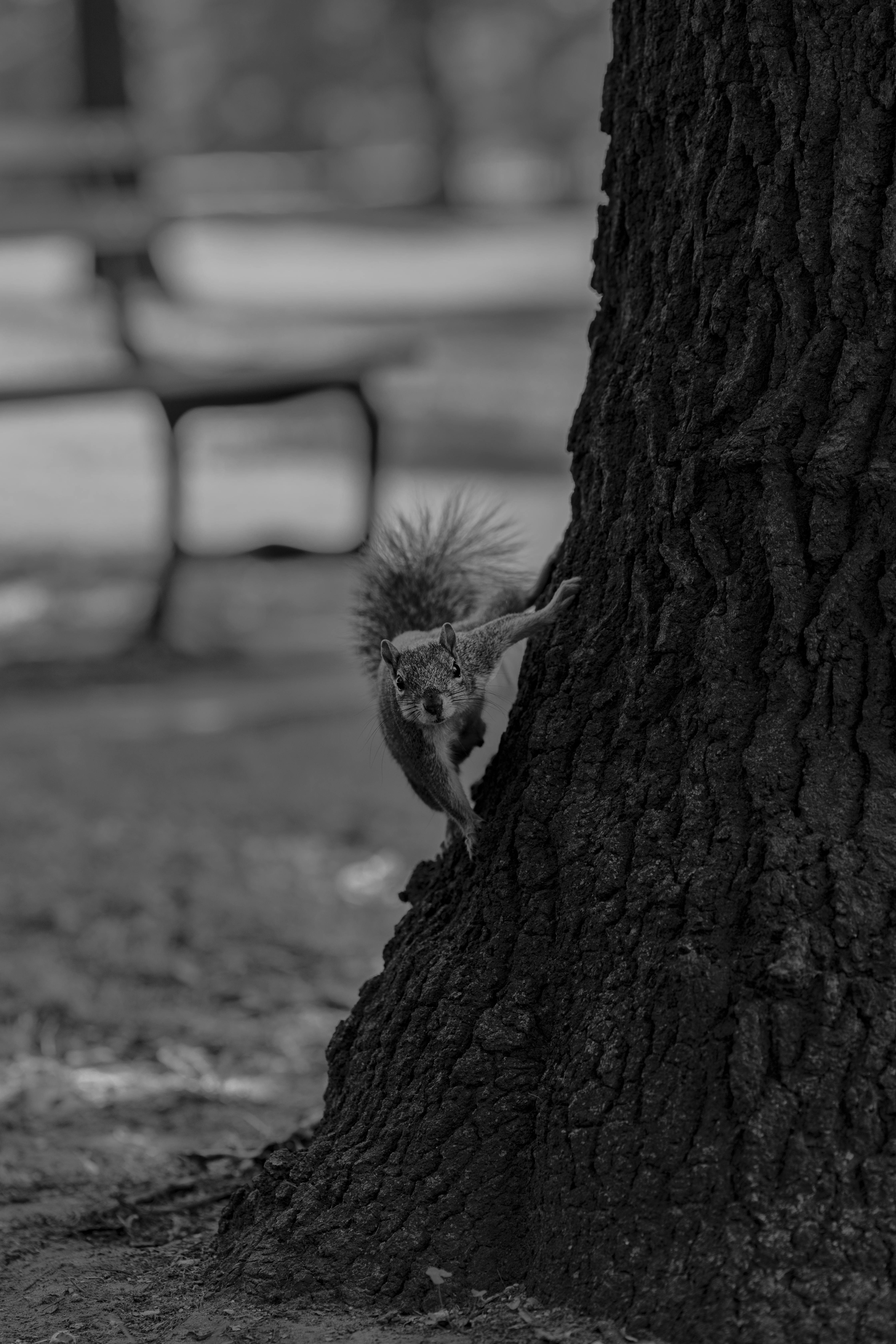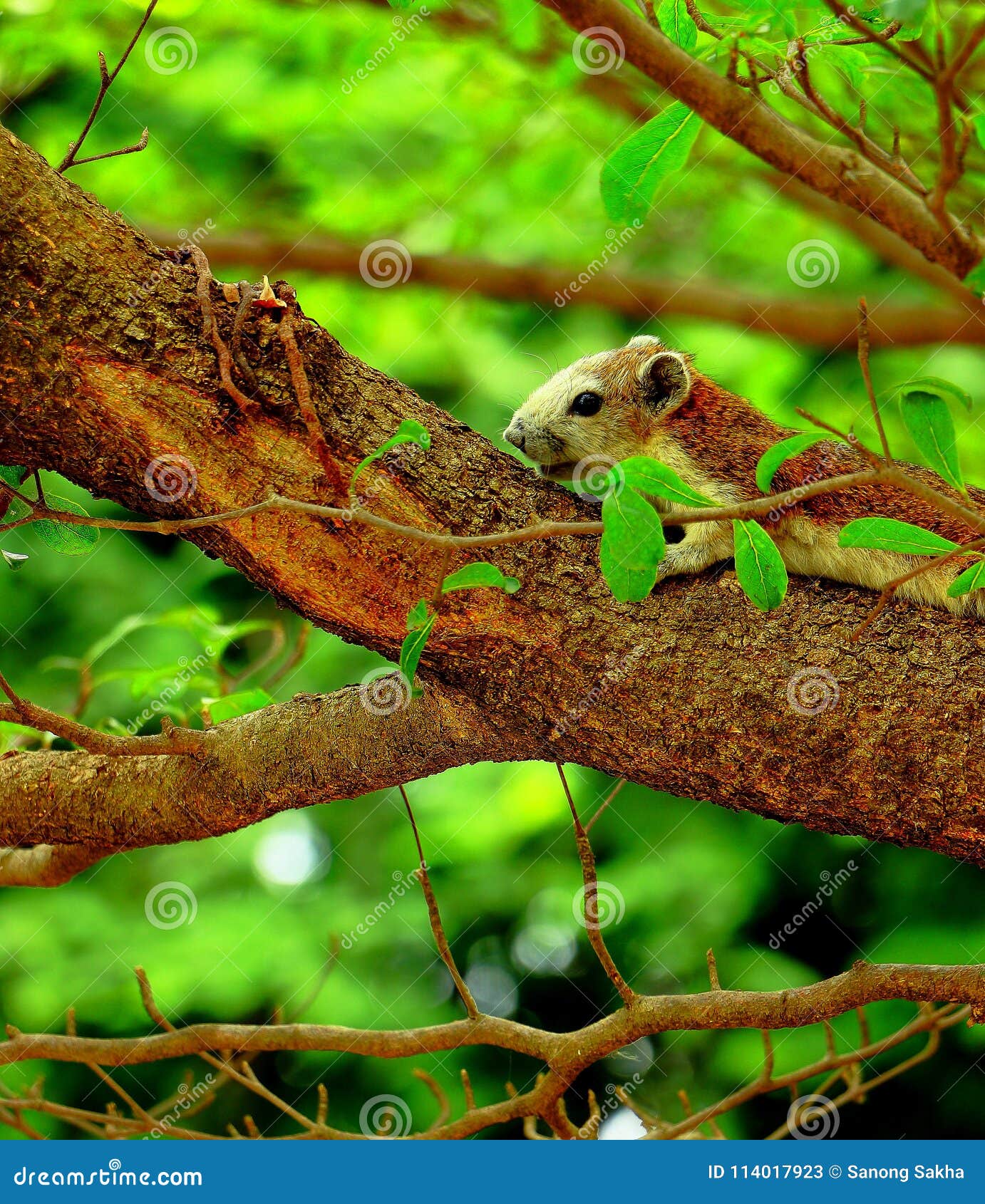Have you ever stumbled upon a sleeping squirrel in your backyard or park and wondered what makes these furry little creatures such expert nappers? If you’re anything like me, you probably can’t help but marvel at their ability to curl up into the cutest balls and drift off into dreamland. Whether they’re tucked away in tree hollows or cozying up in nests, squirrels have mastered the art of catching Zzzs like no other. So, let’s dive deep into the world of sleeping squirrels and uncover the secrets behind their snoozing habits.
Now, before we get into the nitty-gritty of how squirrels sleep, it’s important to know why understanding their sleeping patterns matters. These critters aren’t just adorable; they play a crucial role in ecosystems by dispersing seeds and maintaining forest health. By learning about their sleep behaviors, we gain insights into their survival strategies and how they adapt to changing environments. Plus, who wouldn’t want to know more about something as fascinating as a squirrel’s bedtime routine?
As we explore the topic of sleeping squirrels, you’ll discover everything from where they prefer to nap to the unique ways they conserve energy during slumber. And don’t worry, I’ll sprinkle in some fun facts and quirky tidbits along the way to keep things lively. So grab a cup of coffee (or tea, if that’s your thing), and let’s get started!
- Subhashree Sahu Nudes Video The Untold Story And What You Need To Know
- Hqecns A Comprehensive Guide To Understanding Its Impact And Importance
Why Do Squirrels Sleep So Much?
Let’s face it—squirrels are busy little creatures. Between gathering food, building nests, and evading predators, they’ve got a lot on their plates. But even with all that hustle, they still manage to squeeze in plenty of downtime. On average, squirrels spend about 60% of their day sleeping. That’s right—more than half their time is dedicated to catching those precious Zzzs.
But why do they need so much sleep? Turns out, it’s all about energy conservation. Squirrels are small animals with high metabolisms, which means they burn through energy quickly. Sleeping allows them to recharge their batteries and prepare for another day of acorn-hoarding adventures. Additionally, sleep helps boost their immune systems and enhances brain function, ensuring they stay sharp and alert when awake.
Where Do Squirrels Prefer to Sleep?
When it comes to finding the perfect spot for a nap, squirrels are picky little critters. Their choice of sleeping location depends on several factors, including safety, comfort, and accessibility to food. Here’s a quick rundown of their favorite sleeping spots:
- Tara A Caan The Rising Star In Digital Marketing
- Telegram Wasmo Cusub The Ultimate Guide To Unleashing Your Creativity
- Tree Hollows: These natural cavities provide squirrels with a safe and cozy place to rest. They offer protection from predators and harsh weather conditions.
- Nests (Drey): Squirrels often build nests, also known as dreys, in the forks of tree branches. Made from leaves, twigs, and grass, these nests are soft and insulated, making them ideal for long naps.
- Ground Burrows: Some species of squirrels, like ground squirrels, dig burrows underground where they can sleep in peace.
Interestingly, squirrels aren’t shy about borrowing spaces from humans either. It’s not uncommon to find them nesting in attics, chimneys, or even abandoned birdhouses. Talk about resourceful!
How Long Do Squirrels Sleep?
On any given day, a squirrel might sleep anywhere from 10 to 18 hours. Yes, you read that right—some squirrels sleep almost two-thirds of the day! However, the duration of their sleep varies depending on factors like species, age, and season.
For instance, baby squirrels tend to sleep longer than adults because they require more energy for growth and development. Similarly, during colder months, squirrels may enter a state of torpor, where their body temperature drops and their metabolism slows down. This allows them to conserve energy and survive harsh winters.
Do Squirrels Dream?
Ever wondered if squirrels dream? Well, science says they probably do! Like humans and many other mammals, squirrels experience REM (Rapid Eye Movement) sleep, the stage associated with dreaming. While we can’t exactly ask them what they dream about, researchers believe their dreams likely involve activities like foraging for food or escaping predators.
Next time you see a squirrel twitching its whiskers or moving its paws while asleep, chances are it’s having a little adventure in its dreamscape. How cute is that?
Biological Adaptations for Sleep
Physical Traits That Aid Sleep
Squirrels possess several physical traits that make them excellent sleepers. Their thick fur provides insulation, keeping them warm during chilly nights. Additionally, their ability to curl up into tight balls helps minimize heat loss, making their sleep more efficient.
Behavioral Patterns During Sleep
When it comes to behavioral adaptations, squirrels are pros at staying safe while snoozing. They often sleep in elevated locations, such as treetops, to avoid ground-dwelling predators. Some species even engage in communal sleeping, where multiple squirrels huddle together for warmth and protection.
The Importance of Sleep for Squirrel Survival
Sleep isn’t just a luxury for squirrels—it’s a necessity. Without adequate rest, their physical and mental performance would suffer, leaving them vulnerable to predators and environmental challenges. Here’s how sleep impacts different aspects of their survival:
- Energy Conservation: As mentioned earlier, sleep allows squirrels to conserve energy, which is crucial for their high metabolism.
- Immune System Support: Proper rest strengthens their immune systems, helping them fend off diseases.
- Cognitive Function: Sleep enhances memory consolidation and problem-solving skills, enabling squirrels to navigate complex environments and find food efficiently.
Human Impact on Squirrel Sleep
As human populations continue to expand, our activities can inadvertently affect squirrel sleep patterns. Urbanization, habitat destruction, and noise pollution all pose threats to these tiny creatures. For example, loud noises from traffic or construction can disturb their sleep, forcing them to seek out less ideal resting spots.
Fortunately, there are steps we can take to minimize our impact. Planting trees, creating wildlife corridors, and reducing noise pollution can help ensure squirrels have safe and peaceful places to sleep. By doing our part, we can coexist harmoniously with these adorable critters.
Fun Facts About Sleeping Squirrels
Here are some quirky facts about sleeping squirrels that might surprise you:
- Squirrels can sleep upside down if necessary, using their strong tails for balance.
- Some species of squirrels have been known to sleep with their eyes open, a phenomenon known as unihemispheric sleep.
- In colder climates, squirrels may enter a state of hibernation, where they sleep for extended periods during winter.
Scientific Studies on Squirrel Sleep
Research Findings
Scientists have conducted numerous studies on squirrel sleep, shedding light on their fascinating behaviors. One notable study found that squirrels adjust their sleep patterns based on seasonal changes, sleeping longer during winter months to conserve energy. Another study revealed that squirrels exposed to artificial light at night experienced disrupted sleep cycles, highlighting the importance of preserving natural habitats.
Key Data and Statistics
According to research published in the Journal of Mammalogy, squirrels spend an average of 12 hours per day sleeping. Furthermore, studies show that squirrels in urban areas tend to sleep less than those in rural settings, likely due to increased noise and light pollution.
How Can You Help Protect Sleeping Squirrels?
If you’re passionate about wildlife conservation, there are plenty of ways you can help protect sleeping squirrels. Start by creating squirrel-friendly environments in your backyard, such as planting native trees and providing birdhouses or nest boxes. Avoid using pesticides and herbicides, as these chemicals can harm squirrels and other wildlife. Lastly, spread awareness about the importance of preserving natural habitats for these incredible creatures.
Conclusion
From their impressive ability to conserve energy to their adorable sleeping positions, squirrels truly are nature’s coziest nappers. By understanding their sleep behaviors, we gain valuable insights into their survival strategies and the vital role they play in ecosystems. So the next time you spot a sleeping squirrel, take a moment to appreciate the incredible adaptations that allow them to thrive in the wild.
And remember, every little action counts when it comes to protecting these furry friends. Whether it’s planting a tree or reducing noise pollution, your efforts can make a big difference. So go ahead, share this article with your friends, leave a comment below, and let’s work together to create a world where squirrels—and all wildlife—can sleep soundly.
Table of Contents
- Why Do Squirrels Sleep So Much?
- Where Do Squirrels Prefer to Sleep?
- How Long Do Squirrels Sleep?
- Do Squirrels Dream?
- Biological Adaptations for Sleep
- The Importance of Sleep for Squirrel Survival
- Human Impact on Squirrel Sleep
- Fun Facts About Sleeping Squirrels
- Scientific Studies on Squirrel Sleep
- How Can You Help Protect Sleeping Squirrels?
- Wasmo Telegram Link 2024 Your Ultimate Guide To Joining The Community
- Bollyflix Official Website Your Ultimate Destination For Bollywood Entertainment


